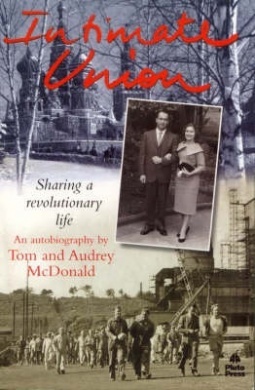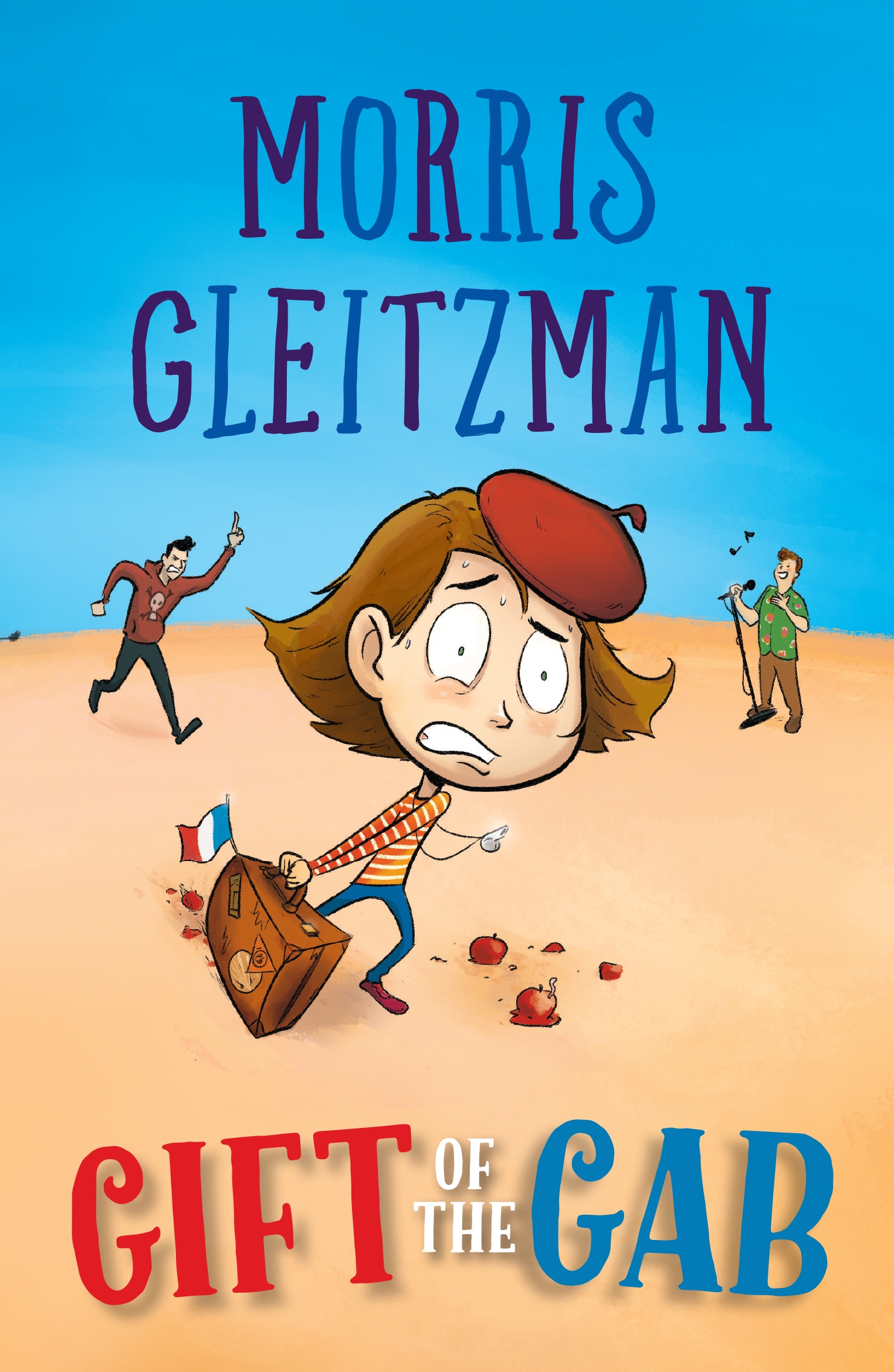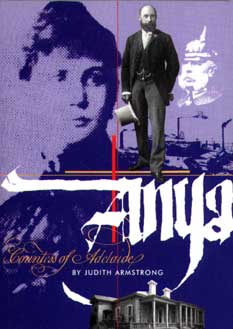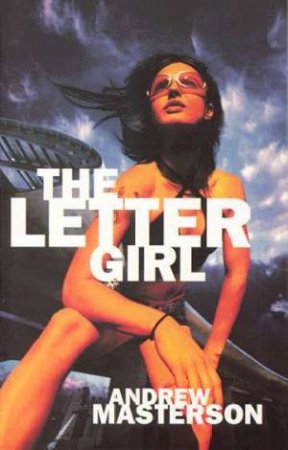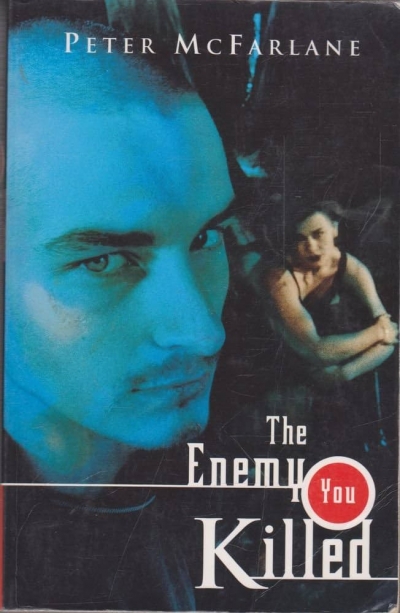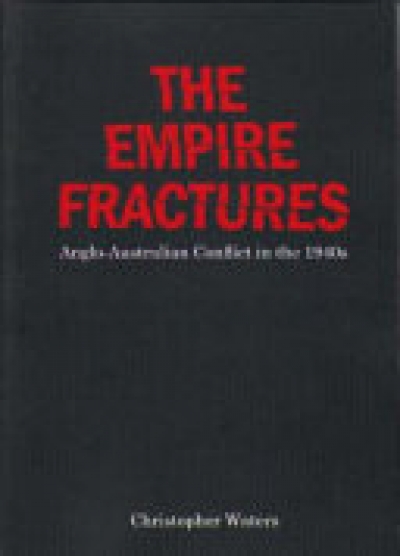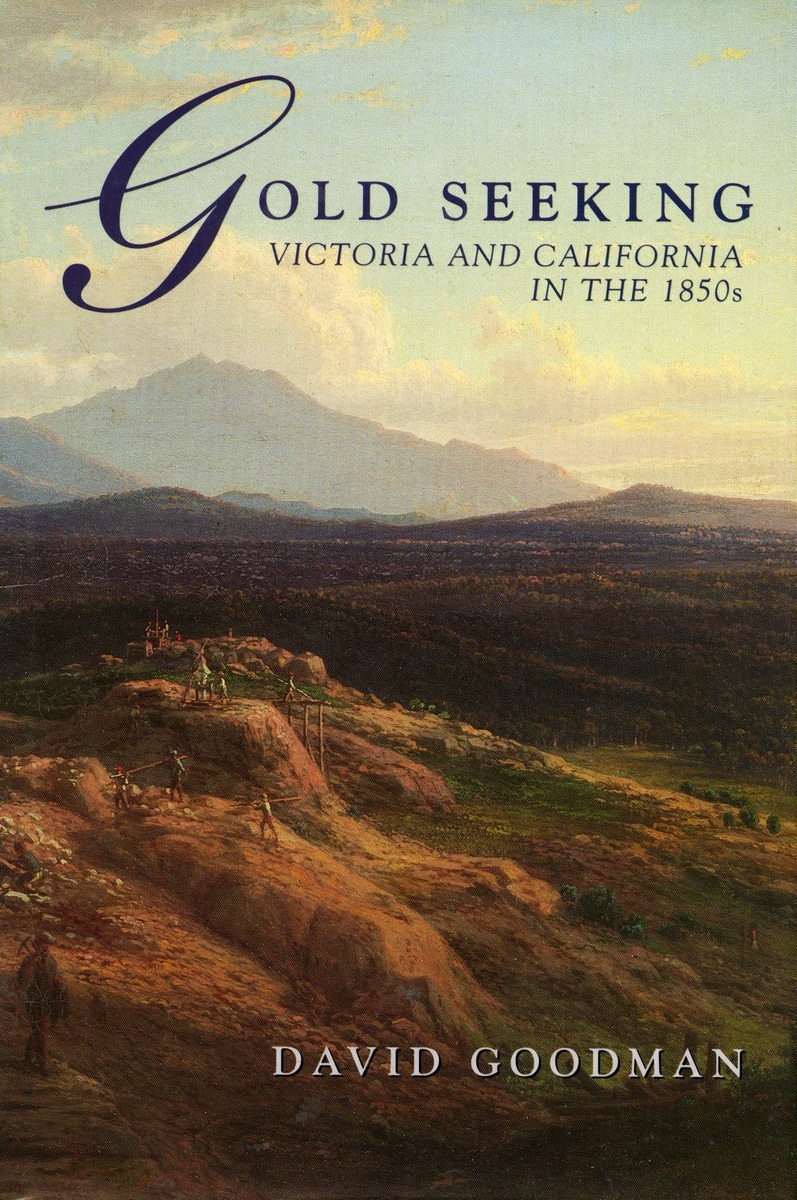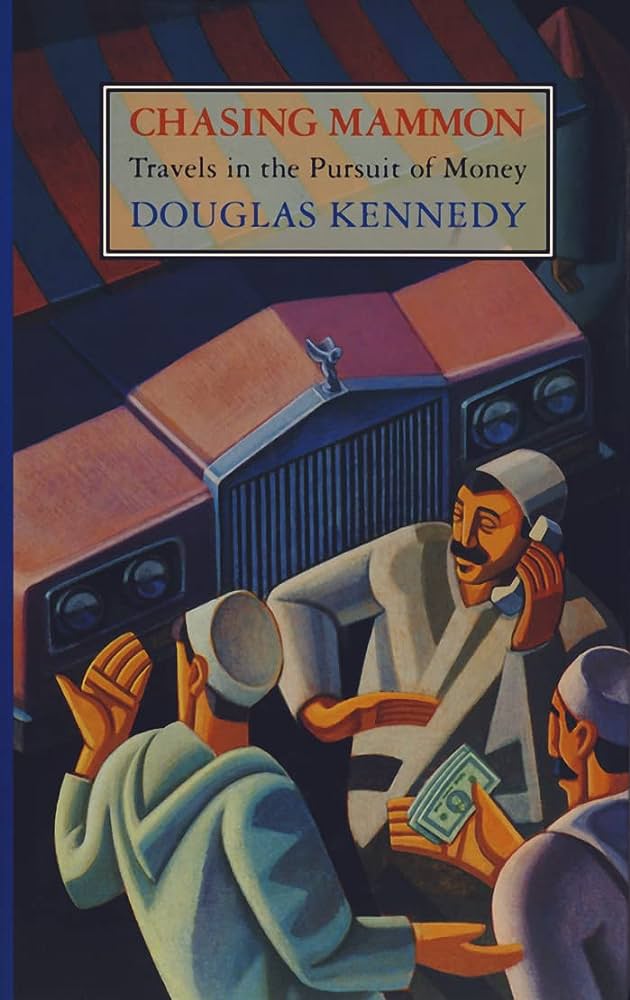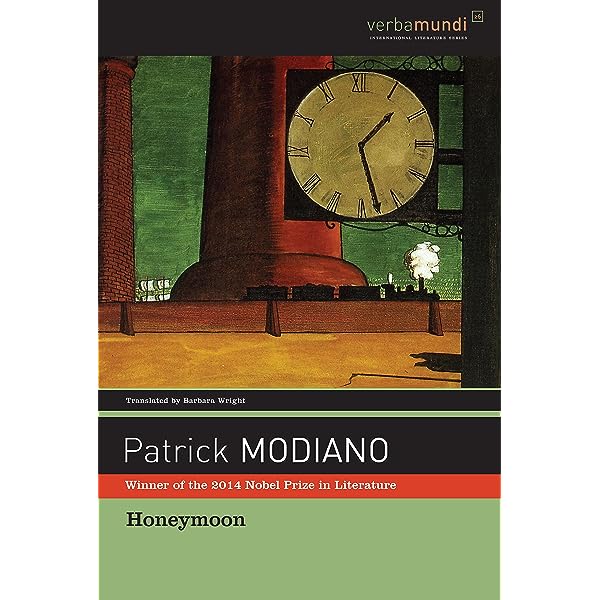Gavin is a Breton sailor, with much salt on his skin from the squally weather he must submit himself to over towards the coast of Ireland. But other salt is on their skins, as these two find themselves irresistibly drawn to each other, despite the dreadful gap between their life experiences and expectations. More often than not, at the first sign of a scene of sexual doings, you can begin cringing, as writers search for dubious imagery usually more redolent of the kitchen than the bedroom. But there is something naively successful about George’s descriptions and explanations. It’s all rather hearty and pleasing.
Nothing very much happens; outside of their various coming-togethers, they marry other people, have children, work at their separate lives, move around the world. But back they come, and the passion is, as they say, rekindled, so they’re at it again, with gay abandon.
The tone is set in the opening chapter when George warns: ‘… there’s no way I can tell my story without describing the sin of firkytoodling, as sexual play was known in the sixteenth century.’ And firkytoodle they do, as often as time and tide allows. The translation, by the way, is superb. Goodness knows what firkytoodling was in the French, but this kind of totally right transition from the original French into English signals the translator, Mo Teitelbaum, to be chouette.
...
(read more)

